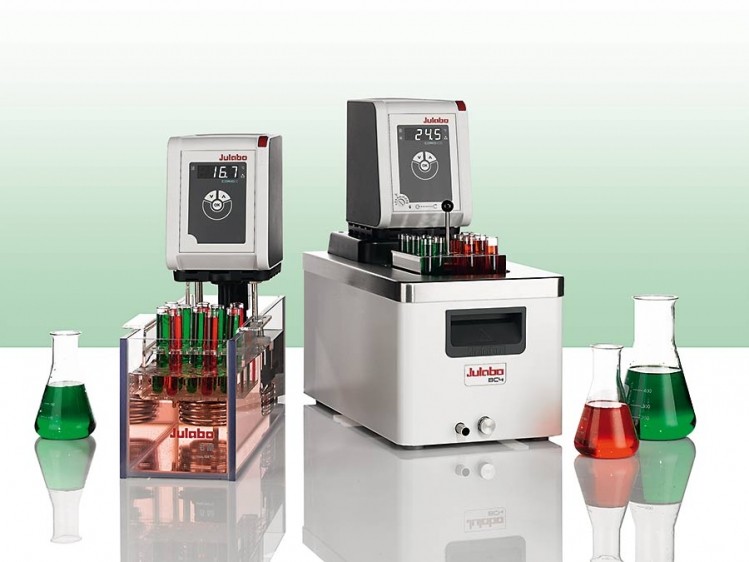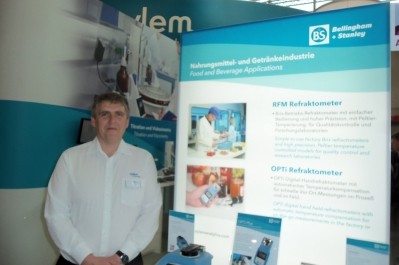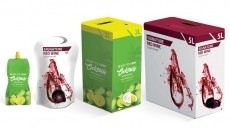dispatches from Analytica 2014
Taking the temperature of quality control

The firm designs and manufactures temperature control instruments and laboratory circulators.
Chris Walker, senior sales manager, said refrigerated and heating coolers were used to heat and cool with a temperature range of minus 30 to 200 degrees celsius.
“A very typical food application is in quality control, they are used for different purposes, one purpose is microbiological testing. By heating you can advance the growth rate of bacteria and afterwards determine the amount of bacteria with other scientific instruments.”
A tasty example
Chocolate manufacturers use the baths to measure temperature control, he told FoodQualityNews.com at Analytica 2014 in Munich.
“We all want chocolate to melt in our mouths at body temperature, so chocolate manufacturers put samples in our baths which are set at 37 degrees and they measure the time it takes to melt them, if the chocolate doesn’t melt at this temperature in a fair time we wouldn’t want to buy it.”
Walker said there are different ways of doing temperature control.
“You can do it with solids, like aluminium or metal plates or metal beads, you can do temperature control with air in chambers or ovens or you could do liquid based temperature control.”
He said the firm dedicates itself to liquid based temperature control as it has certain advantages.
“Liquids are easy to move around, they can be moved around in a very controlled way. Solids you cannot move from around at all and if you do temperature control in gases or in air, it is very hard to control the flow.
“You can use a very wide range for the temperature control, our units can be used from minus 95 up to 400 degrees Celsius.”
CORIO series model
The CORIO series of circulators will replace the Economy series models to give users improved performance specifications and expanded functionality.
Julabo circulators are used for applications in research, science, laboratories, pilot plants, and the process industry.
Walker explained how it works for use in the food industry.
“When a food firm has a sample they usually have it in a test tube. So they take off the bath cover, the unit they usually procure it with a so-called test tube rack, they put the test tube into the rack and then on the display of the Julabo circulator they adjust the set point temperature and our circulator will go exactly to this temperature with a high stability.
“What people also like to do, is they like to data-log, and this way document their processes. So the unit on the back have a USB interface for easy data logging and communication with PC’s.”
Model differences
CORIO C models are suitable for standard internal applications and are provided with a redesigned, more robust bath clamp.
CORIO CD models, designed for standard internal and external applications, feature a USB connection and the ability to toggle the pump between internal and external circulation under the display.
Walker said it was important to do temperature control as part of the quality control process.
“If you do mass production and there is a fault or a flaw in your process, you produce huge batches of bad or lost product.
“The second reason is to develop new products, you need to do test series at different temperatures, to see how your product reacts if you have a new substance, if the temperature limits your product in certain aspects.”










